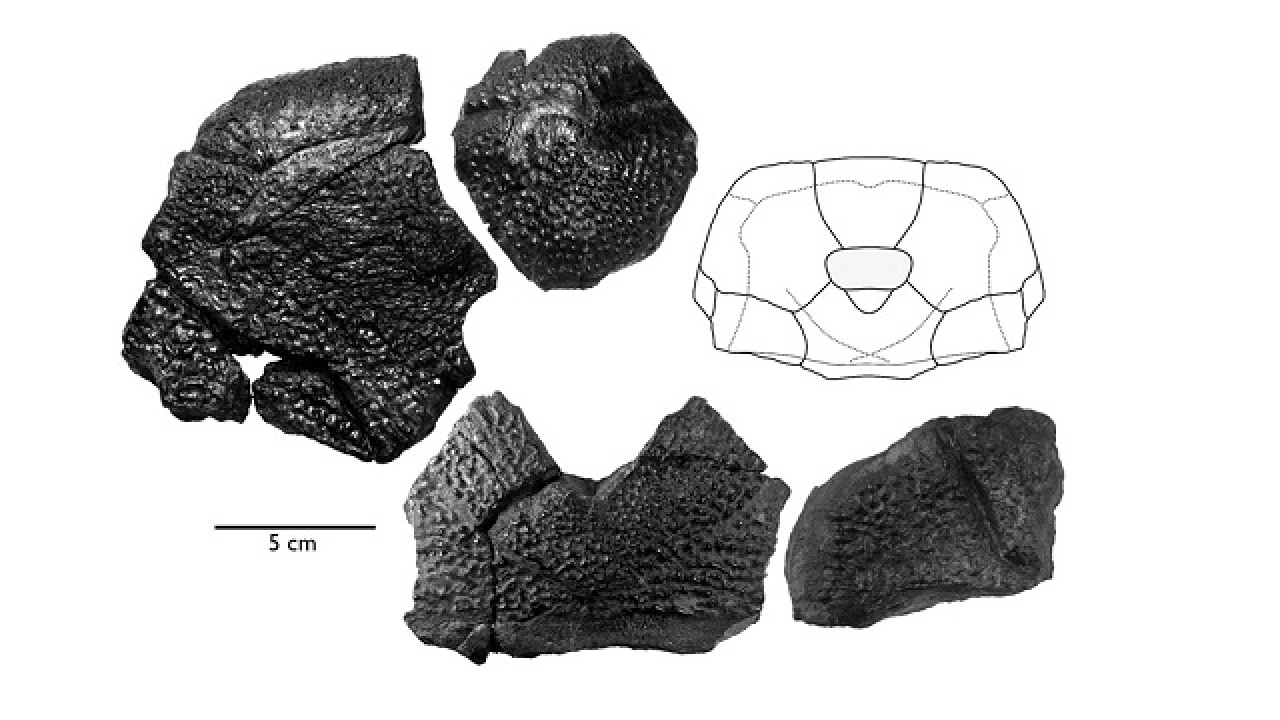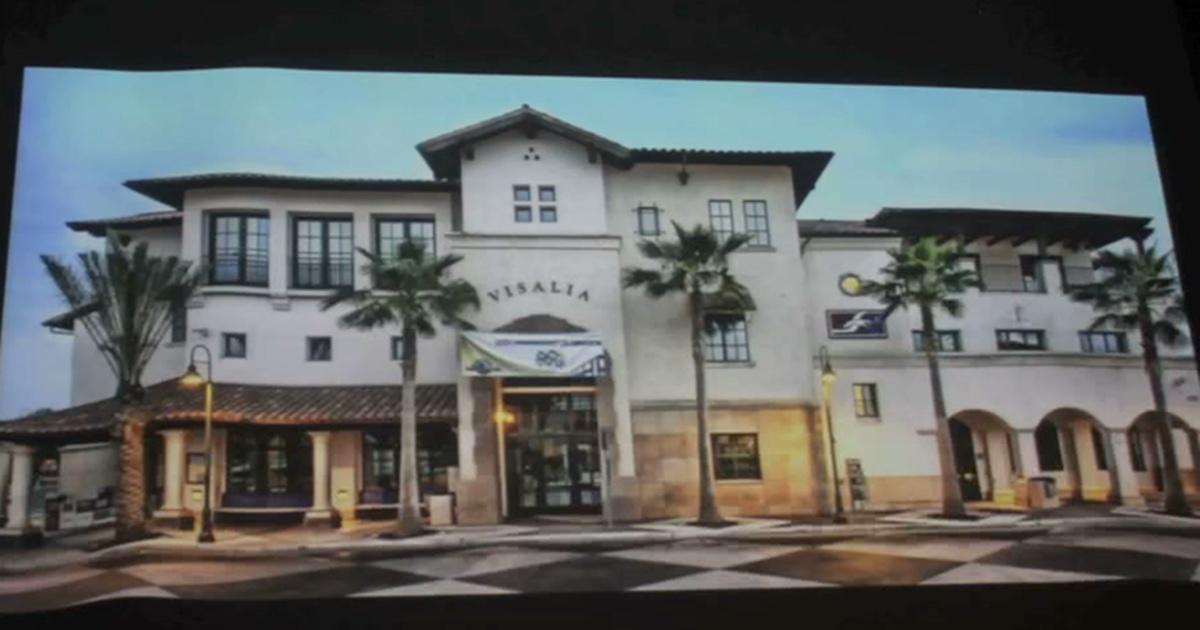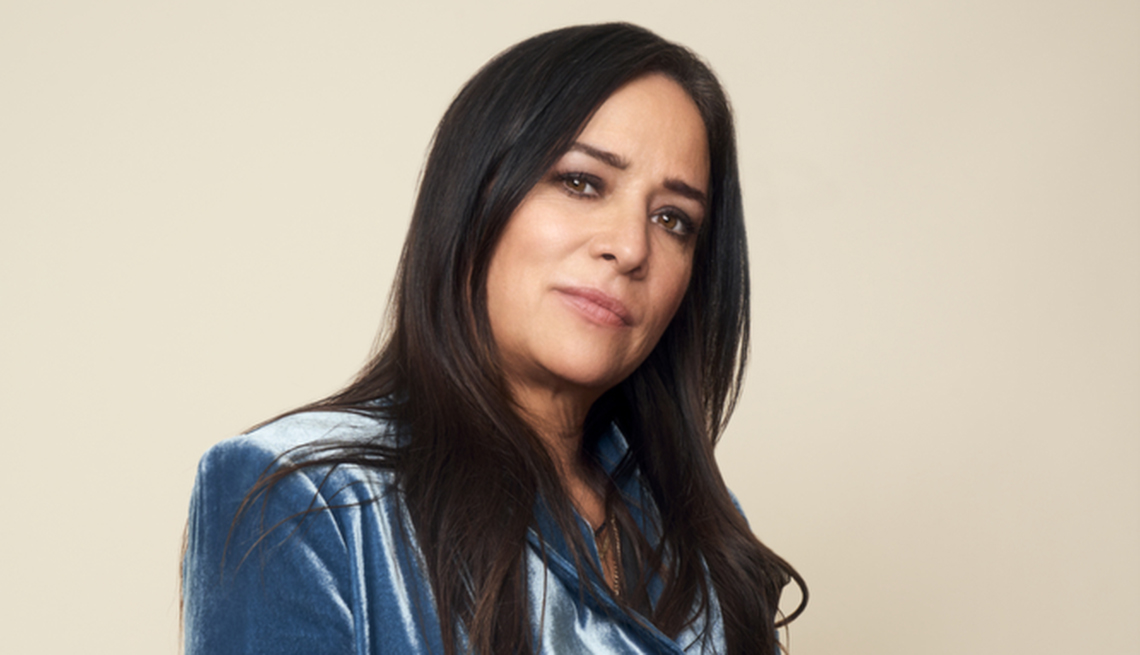
- Select a language for the TTS:
- UK English Female
- UK English Male
- US English Female
- US English Male
- Australian Female
- Australian Male
- Language selected: (auto detect) - EN
Play all audios:
Maria Irene Fornes, looking trim and alert and sitting calmly on a sofa in the lobby of the West Coast Ensemble theater, can anticipate the question coming and nearly responds before she
hears it. _ Why don’t your plays get produced in Los Angeles?_ “It is amazing, isn’t it?” she says, rather stoically. Well, yes. Here is a winner of seven Obie Awards, the top prize in
off-Broadway theater. An Obie in 1982 was for “sustained achievement.” That’s supreme understatement for a woman who was one of the founders of the off-off Broadway movement of the 1960s,
which gave birth to everything from Joseph Chaikin’s Open Theatre to the plays of Sam Shepard. She has written more than 20 plays that vary wildly in tone, subject and style, from
“Promenade,” a musical she wrote with Al Carmines, to “The Conduct of Life,” set in a Latin American dictatorship. She makes a point about breaking theatrical rules: A note for her 1982
work, “The Danube,” states that “the play starts in 1938 but soon loses chronological realism.” She also insists on directing her plays her own way. Another director might have staged her
short play, “Drowning,” based on a Chekhov fiction fragment, with actors on a realistic set. At the 1988 edition of the Padua Hills Playwrights’ Festival, which she co-founded with Murray
Mednick, Shepard and others in 1978, Fornes’ “Drowning” was done with large puppets on a miniature stage. There are few American playwright-directors of her stripe who are as respected.
Critic Scott Cummings declared a few years ago that “Fornes is now a major voice in American drama.” So, it’s a crowning irony that here--where more plays may be produced each year than in
any other city in the United States, where only one Fornes play (“Fefu and Her Friends”) has ever received a commercial production--Fornes has come, not to direct one of her own works, but
that of a former student. Leo Garcia’s family drama, “Dogs,” opens Thursday at the West Coast Ensemble. “I’ve never been invited to a Los Angeles theater,” she says, “and I’ve no idea why. I
don’t solicit my work. It seems to me that a theater should invite a playwright. Since I’m here every summer at Padua, I consider myself, in part, an L.A. writer.” Her local impact has
nevertheless been felt. The Cuban-born Fornes has become a strong mentor figure--she scoffs at the phrase _ mother figure_ --to several locally based Latino writers. Besides Garcia, they
include playwrights Eduardo Machado (whose “Stevie Wants to Play the Blues” recently premiered at Los Angeles Theatre Center) and Lisa Loomer (whose “Birds” made a large impression at South
Coast Repertory, and who has a new play due at West Coast Ensemble). These and many other Latino dramatists have attended Fornes’ workshop at New York’s International Arts Relations (INTAR),
now in its eighth year. Indeed, Fornes’ real nationwide impact in the theater may be as a guide for young playwrights. “The evidence increasingly suggests,” said editor M. Elizabeth Osborn
in “On New Ground,” a volume of new Latino-American plays, “that she is the best teacher of play writing we have.” It was her workshop relationship with Garcia and her seeing “Dogs” in two
readings that led to the current production. Recalling how her INTAR students in 1987 suddenly panicked at the thought of actually directing their own writing, Fornes says that she ended up
directing three of the four selected plays, “except Leo’s. He did direct.” Then she jokes, in an accent that strongly retains her Cuban roots, “I suppose I felt so sorry for him that I’m
making up for it now by directing his play.” Then she shakes her head. “No, it’s beautiful work.” The story line of “Dogs” is what seems to have attracted Fornes the most. Despite her
inclination for experimental, non-linear drama that often stirs up erotic imagery with a surreal sense of time, she says, “I like a good story. Traditional theater doesn’t have any ownership
on storytelling.” Garcia’s drama explores a family in turmoil, led by a demanding father, who dominates a mother and three sons--a sculptor, a bully, and the youngest, who is following in
his father’s footsteps. Garcia sounds alternately grateful and a little in awe of Fornes’ contribution: “Irene is relentless in her point of view, and will submit to nothing less than what
she wants. It’s not stubbornness. I trust it because I’ve seen the results of her work.” As Fornes describes her directing, the writer and director begin to merge. “I don’t direct with the
idea of a style. An example of what I mean is the style that’s come to be known as ‘Chekhovian.’ It’s just a set of manners. When I directed ‘Hedda Gabler,’ I didn’t assume that Hedda is a
victim of injustice. She’s not; she’s a little out of her mind. But Ibsen is always staged as the social critic. By the time I was done with the project, I felt as if I had written ‘Hedda
Gabler,’ in the same way that when an actress plays her, she says, ‘I am Hedda Gabler.’ ” Fornes the writer is constantly concerned, and fascinated, with writing, its myths (“There is no
such thing as ‘writer’s block’ ”) and needs (“Other artists do physical warming-up. Why not writers?”). As strange as it may sound, she does her own writing in the very workshops she
teaches, whether they are in the frigid INTAR classroom or Padua’s sunny environs. Each of the 75 INTAR sessions, for which the playwrights receive a stipend that is somewhat short of a
living wage, begins with yoga exercises Fornes customized for the requirements of writers. “They’re designed to loosen the limbs and joints, which directly results in loosening the mind.
Then they go to their desks, close their eyes, and I ask them to visualize a memory--they’re 12, and something has broken, for instance. They start writing, and then I’ll throw out lines of
dialogue. Some write feverishly, others drift. “I must keep alert to this, so that in the workshop’s first weeks, I can’t really write. But soon, we’re all in it together. We end each
session reading back our writing, without feedback. Eventually, plays come out of this.” Including Fornes’ own. “Doing my own work in the classroom makes all the difference, because if I
didn’t, I might begin to feel resentful if they didn’t show gratitude for me as a teacher. I don’t want that!” What she does want is material that is new, or in her words, “like a fresh
salad, instead of a wilted one. So many writers write to the average sensibility of television, trying to appeal to everyone. It’s not that I want to be unusual for its own sake--it has to
be good, with characters who are alive on the page--but if a play opens a new door, I feel refreshed.” Anyone with her schedule would have to. Already this year Fornes has directed her
latest play, “And What of the Night?” at Providence, R.I.’s Trinity Repertory Theatre, as well as “Going to New England” by Ana Maria Simo (yet another student) at INTAR. She had just
arrived for “Dogs” rehearsals from London, where the National Theatre is staging her Obie-winning “Abingdon Square.” Next, she’s off to Seattle and the New City Theatre for a mounting of her
controversial drama, “Mud.” Does she ever take a breather? “I do get tired!” she says with a laugh. Then she mentions the three commissioned works to be completed: a screenplay for
Argentine director Lourdes Portillo, and two opera librettos, one about Columbus’ entry into America, the other exploring the mysterious world of real-life twins, mentally disturbed,
intensely creative and reclusive. With all this, she won’t have a new play for this summer’s Padua festival, even if it is the one place in L.A. you can see her work. “No,” Fornes says,
“this time, I’ll just be playing teacher.’ _ “Dogs” opens Thursday at the West Coast Ensemble, 6240 Hollywood Blvd., Hollywood, 8 p.m. Thursdays through Saturdays, 3 p.m. Sundays, until May
6. $12. (213) 871-1052._ MORE TO READ








